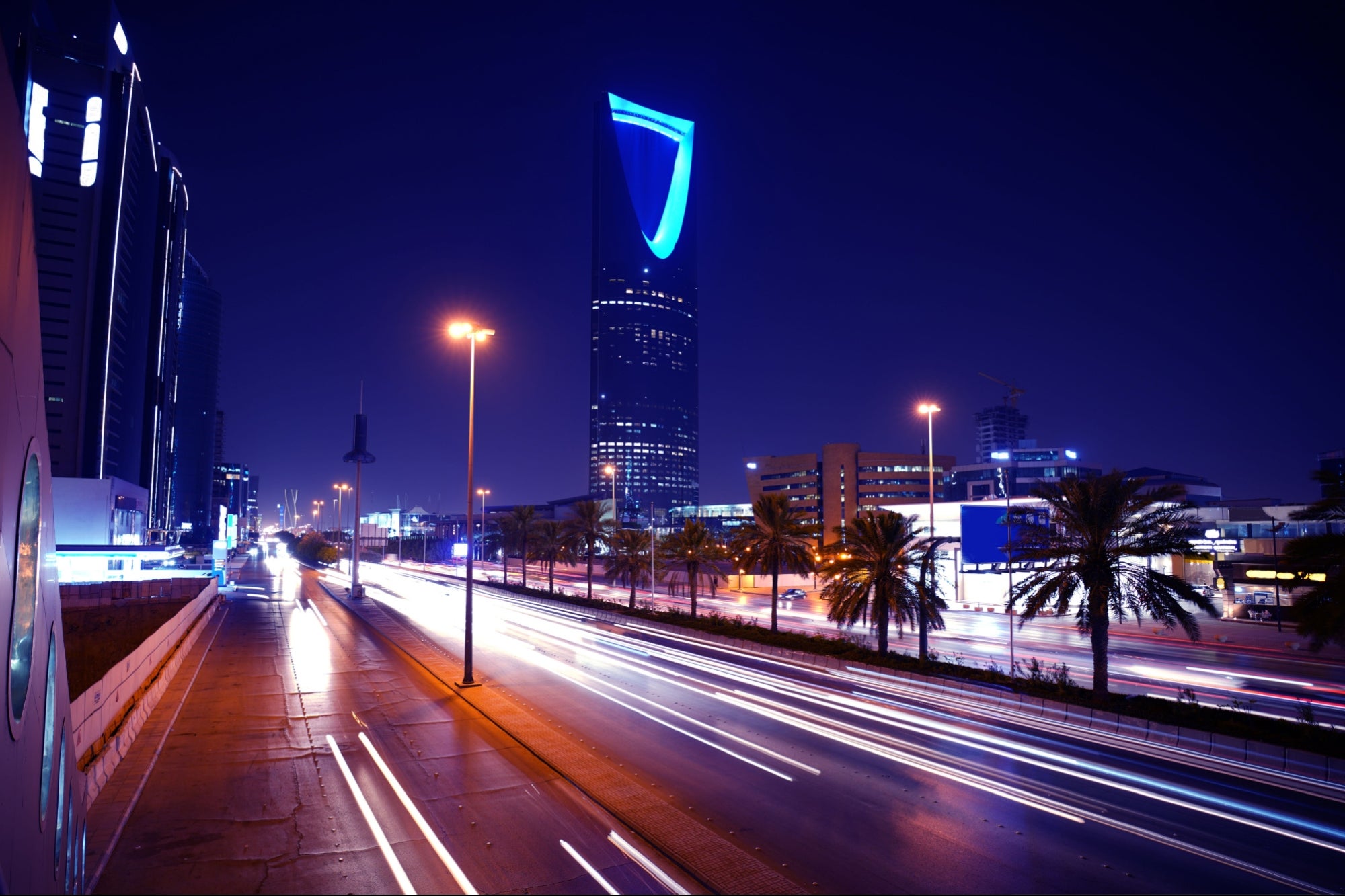A Look At How Saudi Arabia's Vision 2030 Has Spurred Entrepreneurship In The Kingdom The Vision 2030 is based on three pillars that would transform the Kingdom economically and socially: an ambitious nation, a thriving economy, and a vibrant society.
Opinions expressed by Entrepreneur contributors are their own.
You're reading Entrepreneur Middle East, an international franchise of Entrepreneur Media.

Saudi Arabia launched Vision 2030 in 2016, a 15-year strategy and roadmap for the Kingdom to diversify its economy away from oil. It's an ambitious plan to modernize the Kingdom to serve its youthful population, and create millions of jobs that it needs for the stampede of Saudi men and women graduating from colleges, both domestic and abroad on government scholarships.
The Kingdom opened its borders to international tourists for the first time in its history in 2019, in hopes that tourism will contribute 10% of its gross domestic product (GDP) by 2030. The Kingdom is also developing a greenfield entertainment sector, to make the country a more attractive place to live and work. Entrepreneurship and small businesses are expected to play a major role in contributing to the country's non-oil GDP agenda.
The Vision 2030 is based on three pillars that would transform the Kingdom economically and socially: an ambitious nation, a thriving economy, and a vibrant society. Vision 2030's main focus is to grow and diversify the Kingdom's economy away from its reliance on oil revenues, increasing employment, strengthening the private sector, attracting foreign direct investment (FDI), and supporting innovation.
 Image courtesy Lucidity Insights.
Image courtesy Lucidity Insights.
But when you boil the Vision 2030 down to its essence, it was drawn up primarily to support the next generation of Saudis. It is a vision to reform the Kingdom, not just economically, but socially and structurally, to lead and serve the next generation of Saudis that increasingly are forming the Kingdom's economy and social fabric. The architect of Vision 2030 is Saudi Arabia's Crown Prince, HRH Mohamed bin Salman bin Abdulaziz Al Saud. He himself belongs to the two-thirds of the Kingdom's 35 million inhabitants, who are under the age of 40.

Image courtesy Lucidity Insights.
One of Vision 2030's primary drivers is to address the country's unemployment rate, which has traditionally hovered around 12%, and the aim is to bring that down to 7% by 2030. This target, in and of itself, is quite a large feat due to the fact that Saudi Arabia has such a large "youth bulge." This means that there are twice or three times as many youth graduating and entering the job market than those whom are retiring.

Image courtesy Lucidity Insights.
Add to that the changing social ecosystem in Saudi that has seen an influx of women join the workforce, which has been supported by the government. One of the first Vision 2030 targets that were met was the target to achieve 30% female workforce participation (from 16% in 2015)- at the end of 2021, female workforce participation reached 33.6%. This is just one example of the fast-changing market landscape of daily life in Saudi Arabia. Ultimately though, this means that the Kingdom must create many jobs that do not exist today to cater to the young and ambitious Saudis -both men and women- that want meaningful and exciting careers.
 Image courtesy Lucidity Insights.
Image courtesy Lucidity Insights.
Ultimately, the Kingdom is seeking to create millions of new jobs. In order to do so, the Kingdom is betting on entrepreneurship and SMEs. To diversify away from a reliance on oil, the Kingdom is investing hundreds of billions of dollars into its tourism economy, its digital economy, and its sports and entertainment economy, to name but a few of the new greenfield industries being created for the first time in Saudi Arabia. The Kingdom aims to emulate what many other economies have done; namely, have SMEs and startups generate a significant portion of the country's jobs and economic activity. In the United States, for example, 44% of the country's economic activity is generated by small businesses, and American small businesses created 62% of all new jobs in the States over the past 15 years.
Thus, Saudi Arabia is investing heavily in its startup ecosystem, working to change mindsets, and bring about an entrepreneurial culture in all manners of business. Saudi Arabia has been supporting entrepreneurship and encouraging investment in local startups as part of Vision 2030's objectives to increase the number of SMEs and their ability to scale, FDI, and most importantly, the private sector contribution to the country's GDP. The past five years have seen a flurry of activity, driven by various stakeholders in the Saudi ecosystem. And at the end of the third quarter of 2022, over 978,000 small and medium-sized enterprises (SMEs) were operating in the Kingdom.
Learn more about the KSA startup ecosystem by checking out the report, The Evolution of Saudi Arabia's Startup Ecosystem 2010-2022.
This article was originally published on Lucidity Insights, a partner of Entrepreneur Middle East in developing special reports on the Middle East and Africa's tech and entrepreneurial ecosystems.












